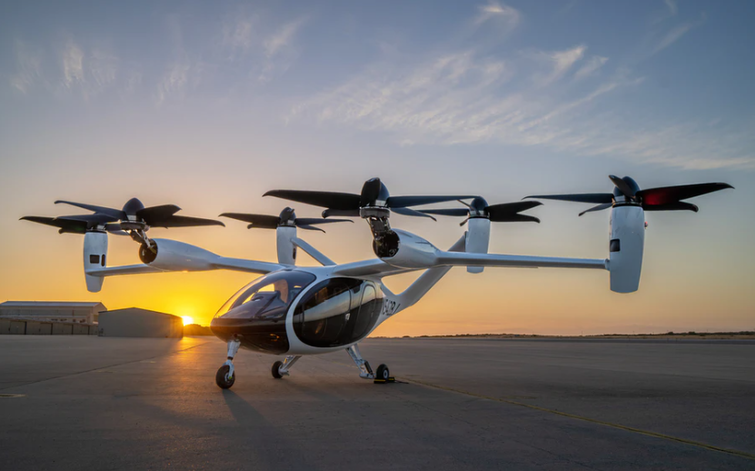
TOKYO—With the highly anticipated Japan Mobility Show 2025 fast approaching, global attention is fixed on Tokyo as major Japanese automakers, including Toyota, Honda, and Nissan, prepare to unveil their future strategies and next-generation technologies. Set to run from October 30 to November 9 at Tokyo Big Sight, this year's "Show Year" event—following 2023's "Process Year" that focused on business collaboration—is poised to be a showcase of cutting-edge mobility products and innovation, particularly as Japanese manufacturers look to challenge the perception of being relatively weak in the electric vehicle (EV) segment.
The event, which evolved from the 70-year-old All-Japan Auto Show (later the Tokyo Motor Show), rebranded in 2023 to emphasize broader mobility innovation and industrial convergence.
Honda's Comprehensive Mobility Vision: From EVs to the Skies
Honda is leading the promotional charge, signaling a broad and ambitious strategy that spans land, sea, and air. The company plans to exhibit a wide-ranging mobility lineup, including motorcycles, automobiles, electric motors, and aircraft.
Central to Honda’s automotive push is the new Honda 0 Series EV, a line developed to redefine electric mobility. The company will debut the flagship Honda 0 Saloon Prototype and the mid-sized electric SUV, the Honda 0 SUV Prototype, in Japan for the first time. Beyond the road, Honda is also drawing significant interest by displaying the HondaJet Elite II, its next-generation small business aircraft, highlighting a comprehensive future mobility vision that embraces diverse transport solutions.
Toyota and Lexus: Electrification and a Landmark Anniversary
Toyota, the world's largest automaker, will exhibit the sixth-generation model of its popular compact SUV, the RAV4. First unveiled in May, the new RAV4 emphasizes three core elements: a "Big Foot" design with large tires, a "Lift-up" for enhanced off-road performance, and a large cargo space for utility. The interior has also been simplified to improve driver visibility and intuition.
The spotlight will also be on Toyota's luxury division, Lexus, which has promised a major announcement to commemorate its 20th anniversary in the Japanese market. Following the global premiere of the Lexus Sport Concept, a next-generation sports car concept, at Monterey Car Week in August, industry observers are keen to see what strategic direction the luxury brand will take. Furthermore, Lexus will introduce the next-generation Lexus ES—the brand's second electric vehicle, first shown globally at the Shanghai Auto Show in April—to the Japanese public.
Global Presence and Commercial Mobility
The show will also feature a strong international presence. South Korean giant Hyundai Motor is confirmed to exhibit, likely showcasing its recently unveiled electric vehicles like the Ioniq 6 and the Nexo fuel cell vehicle. Kia will participate in the commercial vehicle segment, where its first Purpose-Built Vehicle (PBV), the PV5, is anticipated to be displayed.
European and Chinese EV players will also operate exhibition booths, including Mercedes-Benz, BMW, MINI, and China's BYD. Notably, BYD is listed as an exhibitor in both the passenger car and commercial vehicle sectors, underscoring the intensifying global competition in all facets of the mobility landscape.
The 2025 Japan Mobility Show is thus shaping up to be a critical moment for Japanese automakers to demonstrate their technological might and their commitment to a future defined by diverse, electric, and air-based personal transport.
[Copyright (c) Global Economic Times. All Rights Reserved.]




























